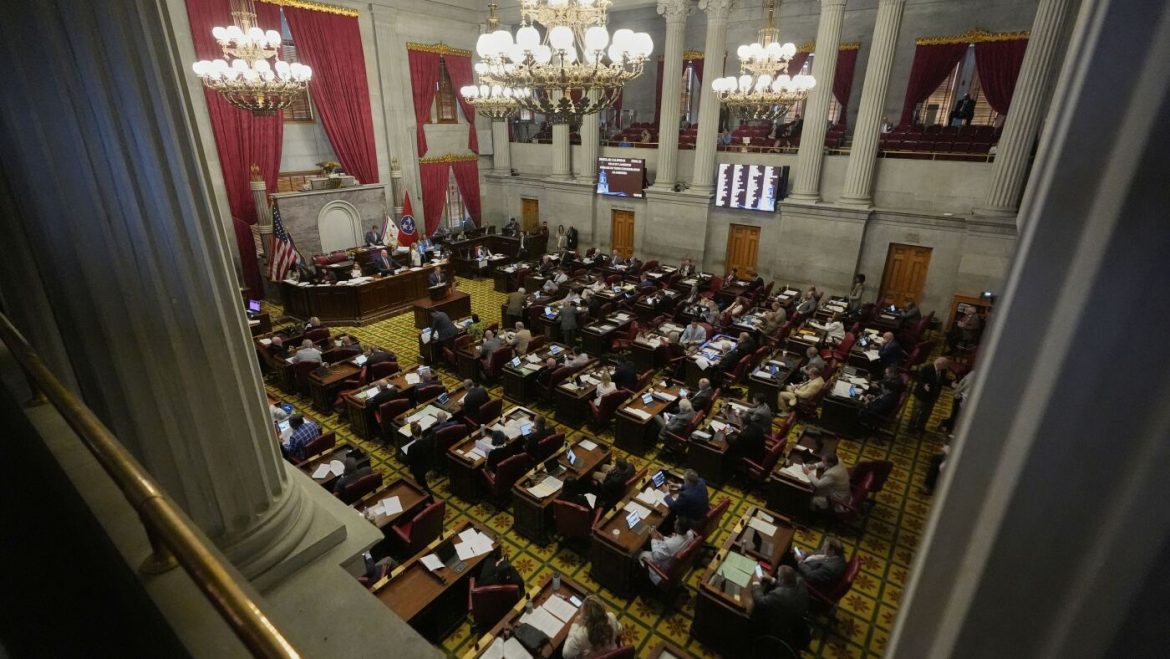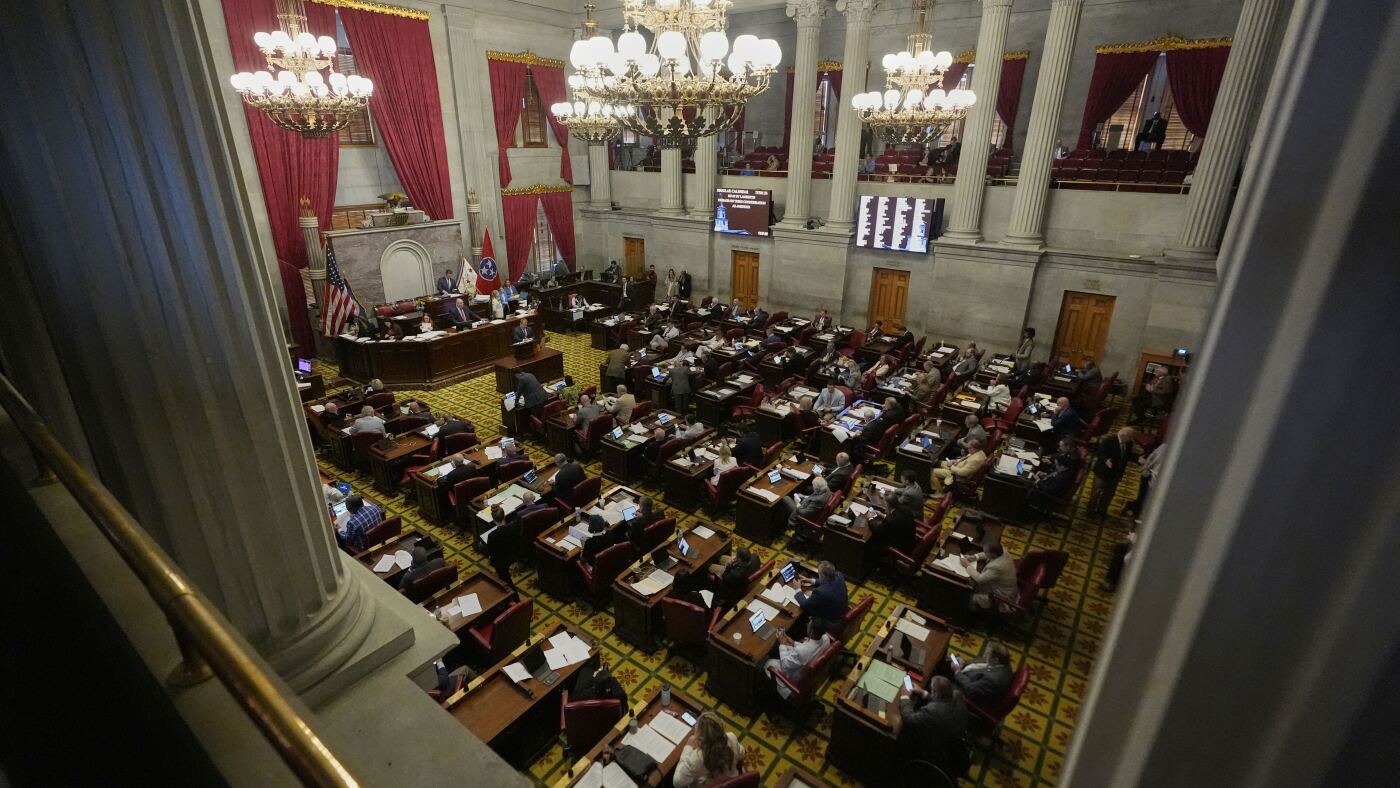The legal landscape is in a constant state of flux, with new laws emerging each month that reshape the fabric of societies and the fundamental rights we hold dear. These legislative changes, while sometimes addressing mundane issues, often intersect with the most profound aspects of individual liberties. Examining these laws, understanding their implications, and analyzing their potential impact on societal values and individual freedoms is essential to maintaining a just and equitable society. This exploration delves into recent legislation affecting fundamental rights, drawing examples from across the globe and highlighting the inherent tensions between security, societal values, and individual freedoms.
Gun Control and the Right to Bear Arms
The debate surrounding gun control remains one of the most contentious issues in many nations, particularly in the United States. Recent laws reflect this divide, with some states tightening restrictions on firearms while others loosen them. For instance, some states are enacting laws that allow local officials to ban guns in specific locations, such as schools and government buildings. This sparks a heated debate about the Second Amendment and the extent to which the government can regulate firearm ownership. Those in favor of stricter gun control argue that it is necessary to reduce gun violence and protect communities, particularly vulnerable populations like children. Conversely, opponents assert that such measures infringe upon the right to self-defense and that responsible gun owners should not be penalized for the actions of criminals.
The implications of these laws are far-reaching, affecting not only gun owners but also the safety and security of public spaces. For example, in states where gun restrictions are tightened, there has been a notable decrease in mass shootings and gun-related deaths. However, in states where gun laws are more permissive, there has been an increase in gun violence, raising questions about the effectiveness of these laws. The debate is further complicated by the fact that gun ownership is deeply rooted in cultural and historical contexts, making it a highly emotional and polarized issue.
Sanctuary Policies and Local Autonomy
Another area where new laws are causing friction is the regulation of “sanctuary policies.” Some states are cracking down on local jurisdictions that offer safe havens to undocumented immigrants, threatening local officials with felony charges for supporting such policies. These laws aim to enforce federal immigration laws at the local level, preventing cities and counties from shielding undocumented immigrants from deportation. Proponents argue that sanctuary policies undermine the rule of law and create a haven for criminals. Opponents, however, contend that these laws are discriminatory and violate the principles of federalism, arguing that local governments should have the autonomy to prioritize the needs of their communities.
The impact of these laws extends beyond immigration enforcement, raising questions about the relationship between state and local governments and the rights of undocumented immigrants. For instance, in cities with strong sanctuary policies, there has been a notable increase in trust between local law enforcement and immigrant communities, leading to higher reporting rates of crimes. Conversely, in areas where sanctuary policies are restricted, there has been a decrease in trust, making it more difficult for law enforcement to combat crime effectively. The debate surrounding sanctuary policies is complex, encompassing issues of national security, human rights, and local governance.
Transgender Rights and Societal Values
Laws affecting transgender individuals have emerged as a focal point in the ongoing culture war. Some states are introducing new restrictions on transgender people, particularly concerning access to gender-affirming care and participation in sports. These laws often spark intense controversy, with supporters claiming they are necessary to protect children and preserve traditional societal values. Opponents argue that these measures are discriminatory and harmful to transgender individuals, violating their rights to equality and self-determination.
The debate surrounding transgender rights is complex, encompassing issues of identity, biology, and social justice. For example, in states where gender-affirming care is restricted, there has been a notable increase in mental health issues among transgender youth. Conversely, in states where such care is accessible, there has been a decrease in suicide rates and an improvement in overall well-being. The long-term effects of these laws on transgender communities and the broader social landscape remain to be seen, but the immediate impact on mental health and quality of life is undeniable.
Freedom of Speech and its Limitations
The right to freedom of speech, a cornerstone of democratic societies, is also being challenged by new laws. Concerns about hate speech, misinformation, and online harassment are leading to calls for greater regulation of speech, particularly on social media platforms. However, attempts to restrict speech must be carefully balanced against the potential for censorship and the suppression of dissenting voices. Laws that broadly define hate speech or impose overly restrictive limitations on online expression can stifle legitimate debate and chill free expression.
The challenge lies in finding ways to combat harmful speech without infringing upon fundamental rights. For instance, in countries like Germany, laws against hate speech have been effective in reducing online harassment and discrimination. However, these laws have also been criticized for being too broad and potentially stifling free expression. In the United States, the First Amendment provides strong protections for free speech, but the rise of misinformation and hate speech has led to calls for greater regulation. The debate surrounding freedom of speech is ongoing, and the balance between protecting vulnerable groups and upholding free expression remains a contentious issue.
The Rule of Law and Constitutional Protections
Across the globe, the fundamental principle of the rule of law is being tested. In some nations, constitutional rights, such as freedom of speech and association, are being interpreted and applied in ways that restrict individual liberties. For instance, in Singapore, while the Constitution guarantees freedom of speech, these rights are often balanced against the need to maintain social harmony and national security. This can lead to limitations on speech that would be considered unacceptable in other democracies. Furthermore, new laws can sometimes inadvertently undermine constitutional protections, creating legal ambiguities and potentially leading to abuses of power.
Vigilance and judicial independence are essential to ensuring that the rule of law is upheld and that constitutional rights are not eroded. For example, in countries like South Africa, the Constitution provides strong protections for individual rights, but the implementation of these protections can be inconsistent. In other nations, like Hungary, the rule of law has been increasingly undermined by political interference and the erosion of judicial independence. The debate surrounding the rule of law is complex, encompassing issues of democracy, human rights, and governance.
The Future of Fundamental Rights
The ever-evolving legal landscape demands constant vigilance and critical analysis. New laws, while often intended to address specific problems or achieve particular policy goals, can have unintended consequences for fundamental rights. As societies grapple with complex challenges, such as terrorism, economic inequality, and social division, it is crucial to ensure that the pursuit of security and stability does not come at the expense of individual liberties.
The future of fundamental rights is not predetermined. It is shaped by the choices we make, the laws we enact, and the values we uphold. As new laws continue to reshape our world, it is imperative that we remain vigilant, informed, and engaged in the ongoing dialogue about the balance between individual freedom and collective well-being. Only through careful consideration and a commitment to justice can we ensure that the shifting sands of law do not bury the bedrock of our fundamental rights.


